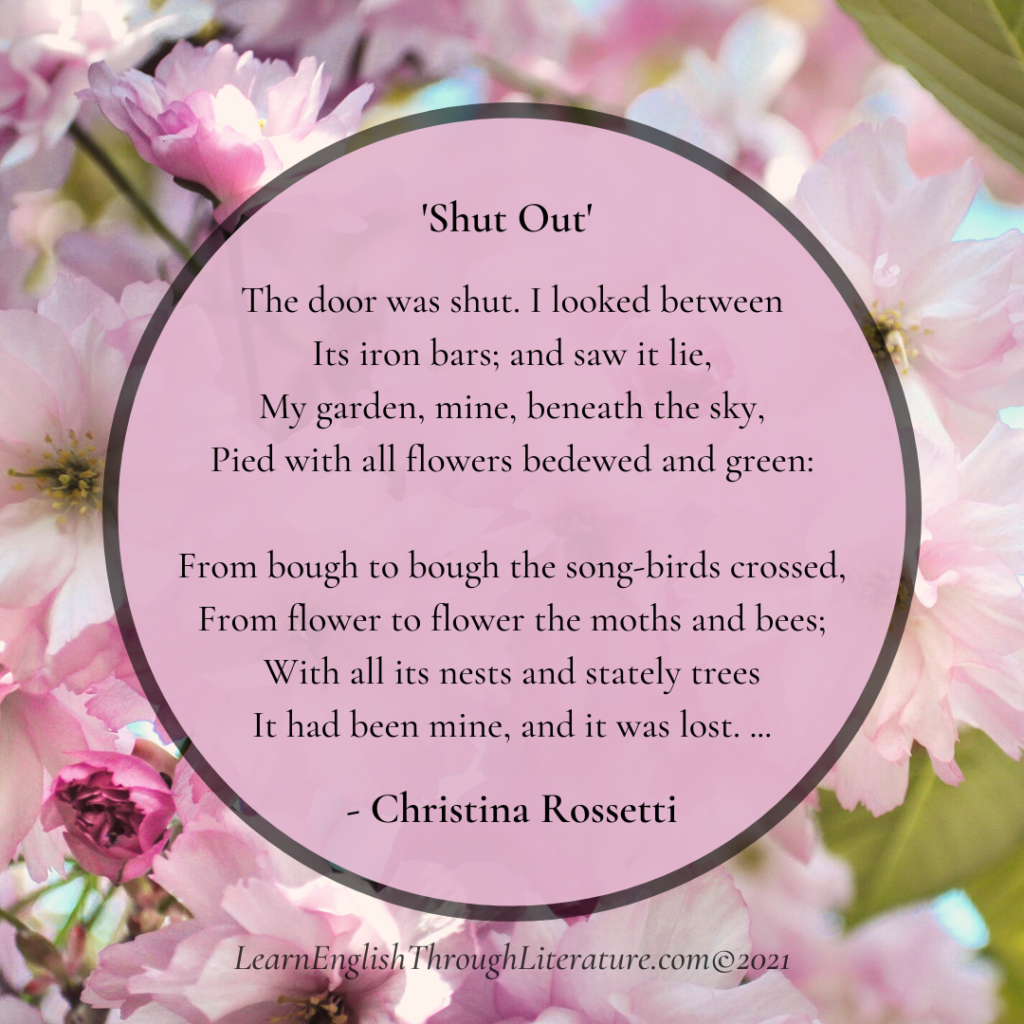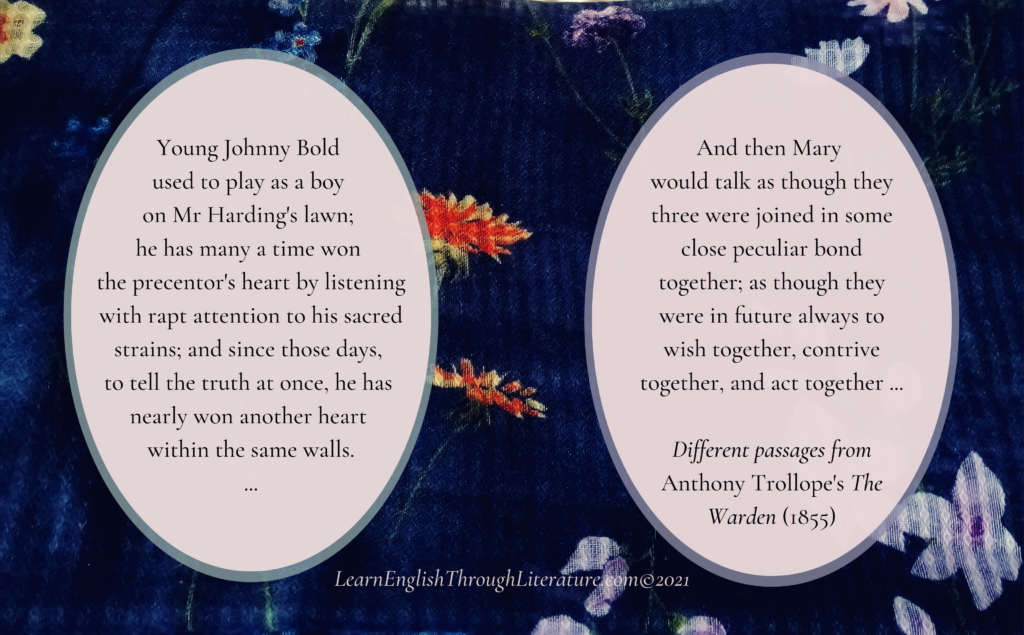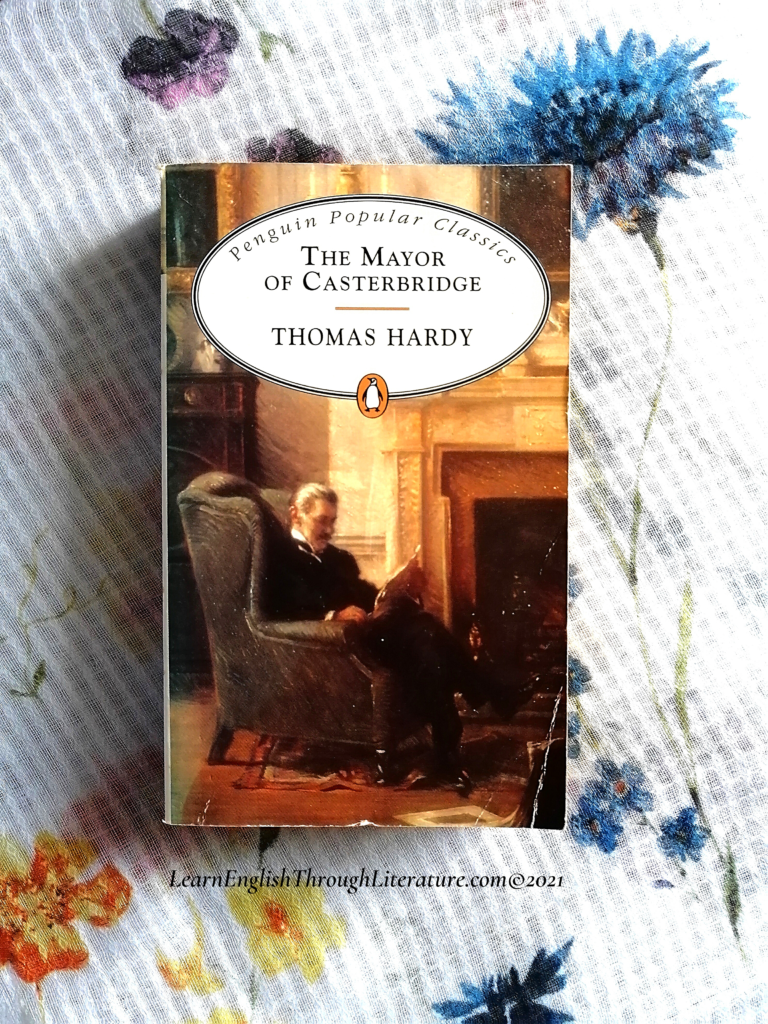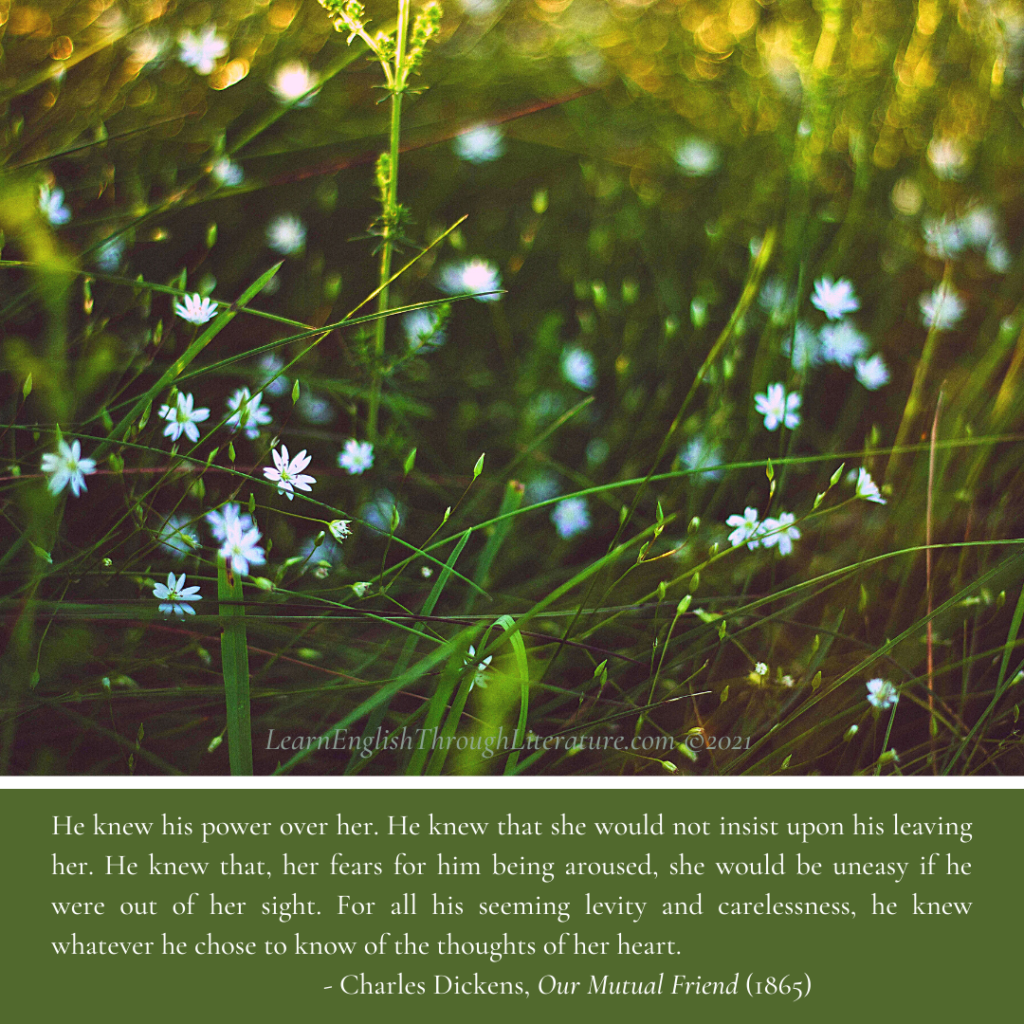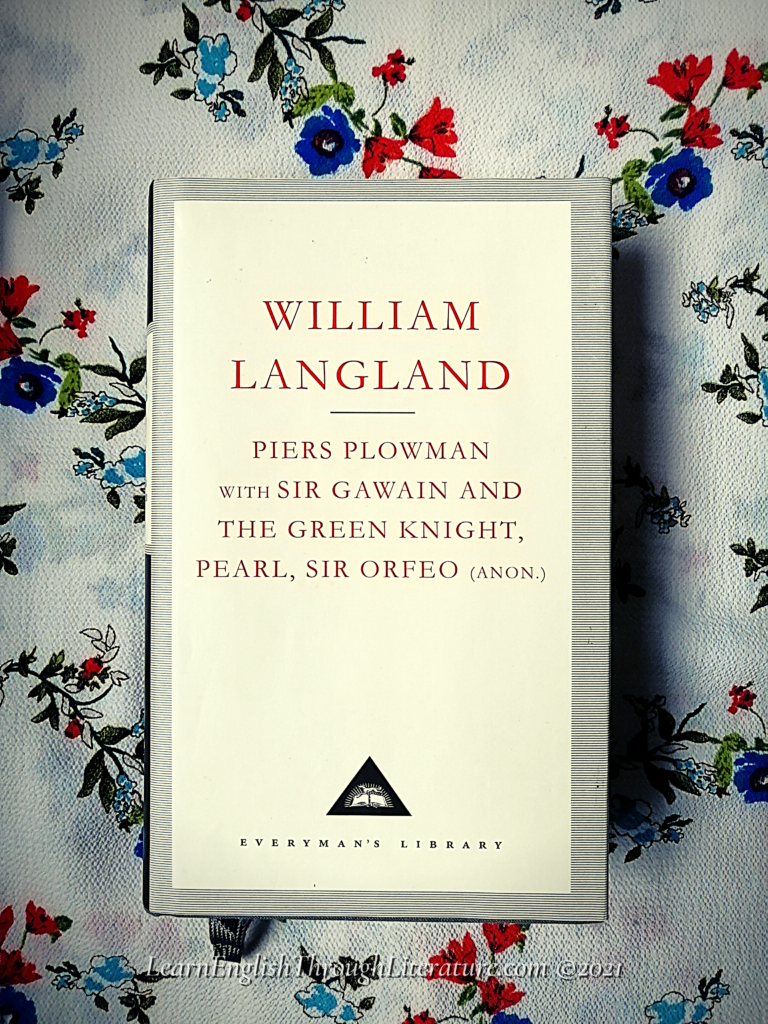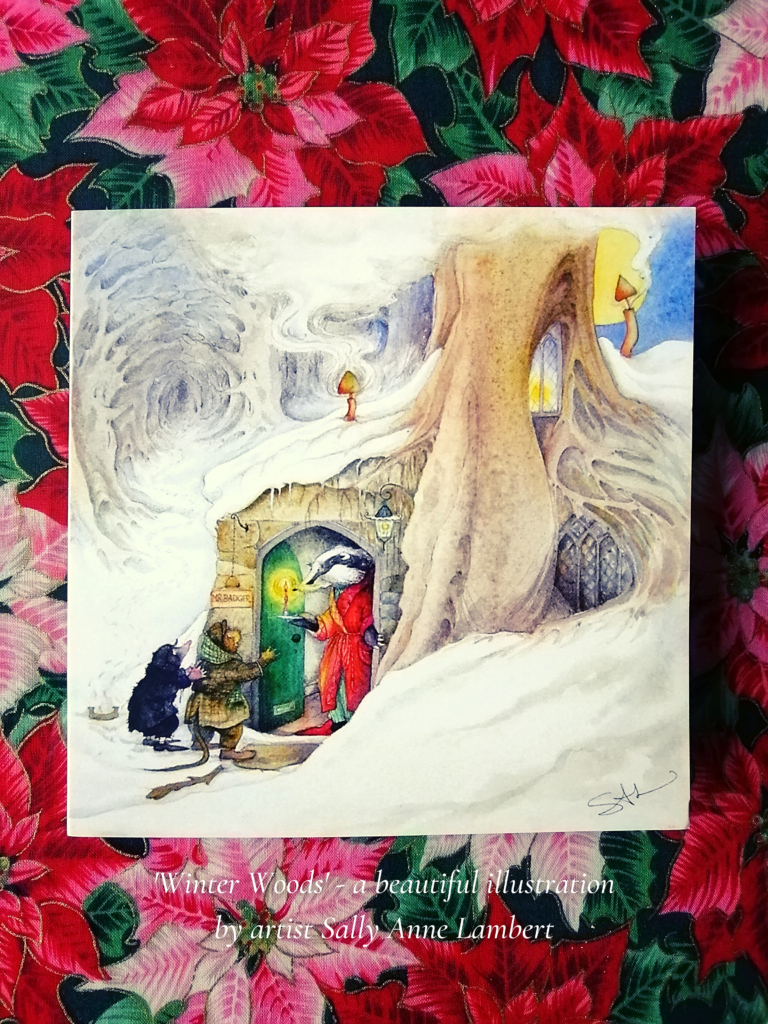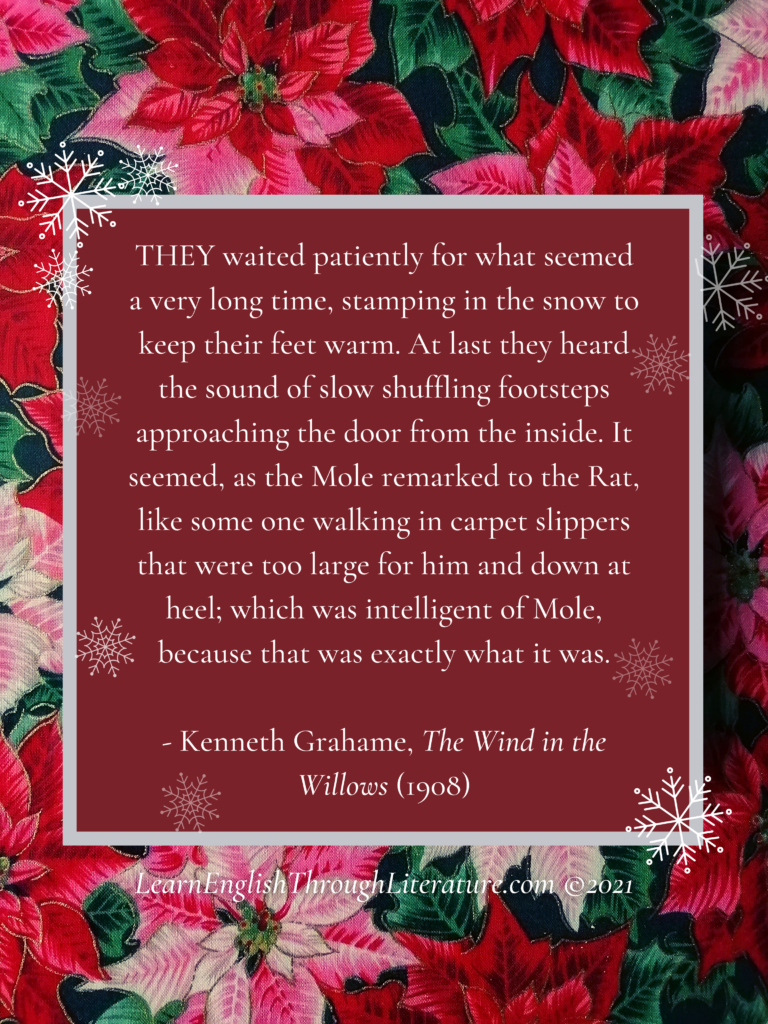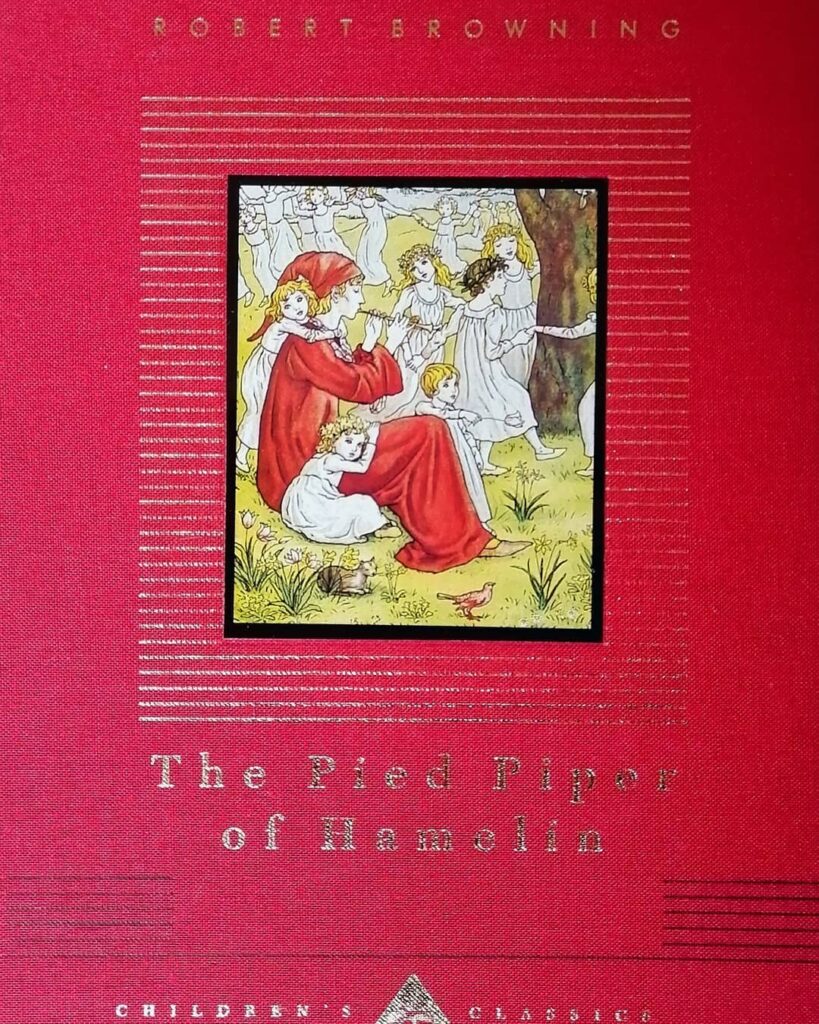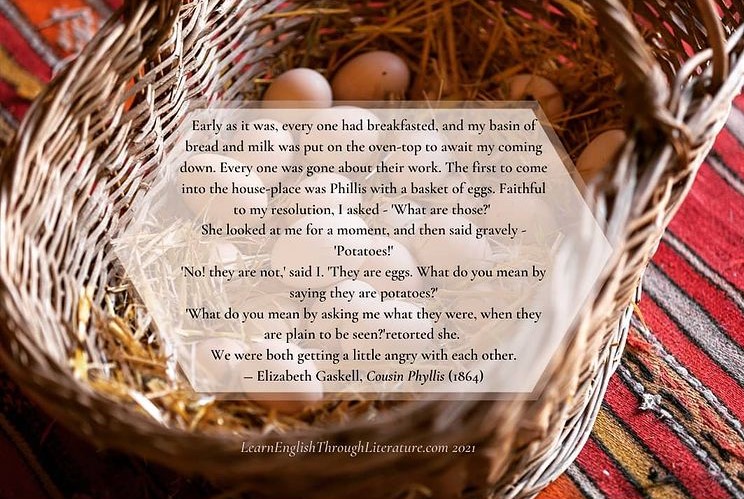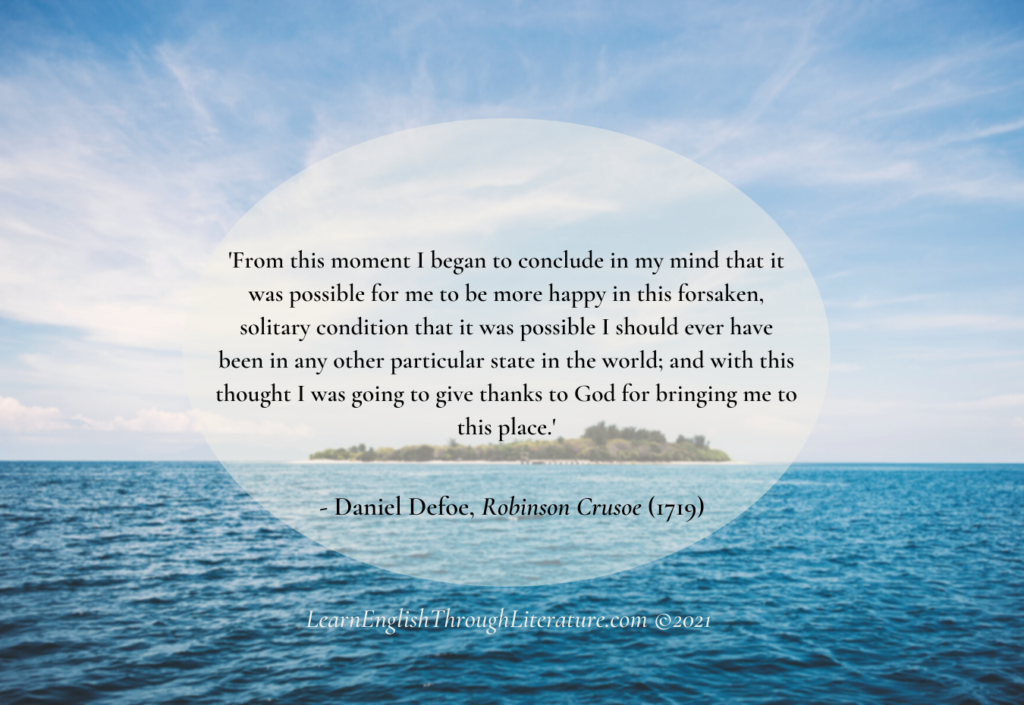Lesson #181: Remembering a lost paradise: Christina Rossetti’s Poem ‘Shut Out’
One theme that often appears in English literature – novels and poetry – is that of a lost paradise. Christina Rossetti, one of the major female poets of the Victorian era, penned (wrote) a poem on this very theme, and since Saturdays are our days for enjoying a little bit of poetry, we will look at ‘Shut […]
Lesson #181: Remembering a lost paradise: Christina Rossetti’s Poem ‘Shut Out’ Read More »

